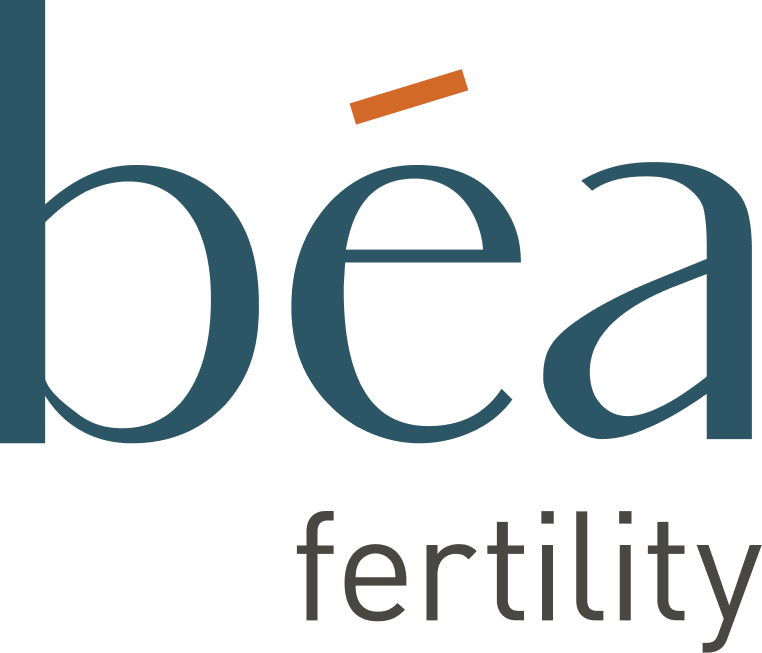There are a lot of everyday factors that can influence your fertility. By optimising your health, you could be increasing your chances of conceiving and having a healthy pregnancy and baby. Here are a few things to think about that might impact your chances of conceiving.
Visit your GP
If you have a long-term condition like diabetes, epilepsy or HIV, you may want to consider speaking with your GP for advice on optimising your health before trying to conceive. You should also visit your GP if you regularly take medication or have a known genetic condition where there is a risk of passing it on to your baby.
Folic acid
Taking folic acid when trying to conceive and for the first 12 weeks of pregnancy can help prevent certain birth defects. The usual dose for women trying to conceive is 400 micrograms daily, however, this may be increased by your doctor if needed.
Nutrition
NICE (National Institute for Health and Care Excellence) guidelines recommend having a BMI between 20 and 30 when trying to conceive because some studies show that being underweight or overweight may impact your ability to conceive. While this isn’t the case for everyone, it’s still important to eat a well-balanced diet that provides adequate nutrition (i.e. an appropriate intake of vitamins, fibre and protein).
Exercise
Daily exercise can help maintain a healthy weight, increase blood circulation and improve blood sugar levels. While it may not directly improve your fertility, it can help increase your energy levels and release feel-good hormones, serotonin and dopamine, which can help combat stress levels.
Stop smoking, vaping or using nicotine-containing products
Smoking can increase the risk of heart and lung disease, but it can also lead to problems with fertility. The chemicals found in cigarette smoke can damage the genetic material in eggs and can speed up the loss of eggs. Stopping smoking can improve your general health and your fertility.
Limit alcohol consumption
Drinking large amounts of alcohol during pregnancy can increase the risk of miscarriage and preterm birth, and can harm your baby’s development. Due to the health implications that drinking can have on you and your baby, the general advice is to reduce alcohol consumption to four units of alcohol or fewer when trying to get pregnant.
Stop recreational drug use
Recreational drugs such as cannabis, cocaine and anabolic steroids can interfere with your fertility and cause health complications in a developing baby. Prolonged cannabis use can cause hormone disruptions, which in turn can affect ovulation and reduce the chances of conceiving.
Understand your menstrual cycle
The menstrual cycle is a good indicator of female fertility. Irregular cycles, painful periods or spotting before your period, can be signs that there’s an underlying cause that needs to be addressed.
Cervical smear
Regular cervical smears lower the incidence of cervical cancer. If cellular changes are detected in the cervix, they can be treated before any pregnancy.
Rubella status
Infection with rubella can harm developing babies during pregnancy. You should be offered a test to find out if you’re immune to rubella or offered the vaccination. You should wait for 1 month after your rubella vaccination before attempting to get pregnant.
Medicines and drugs
Some prescription and over-the-counter medicines can interfere with your fertility. You should discuss with your GP any medicines you are taking so they can offer you appropriate advice. They should also ask you about recreational drugs (such as cannabis, cocaine and anabolic steroids), as these can also interfere with your fertility and damage a developing baby.
If you are aiming to make adjustments to your lifestyle to improve your health pre-conception, try to find a balance within the areas you are making changes to. Any type of self-care you enjoy can be beneficial in stress reduction and overall wellbeing. If it instead becomes all-consuming and gives you more stress – let it go. Your mental health is important too.



Share:
The female "o"
The Béa Fertility Glossary